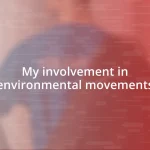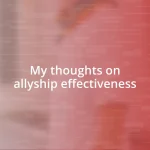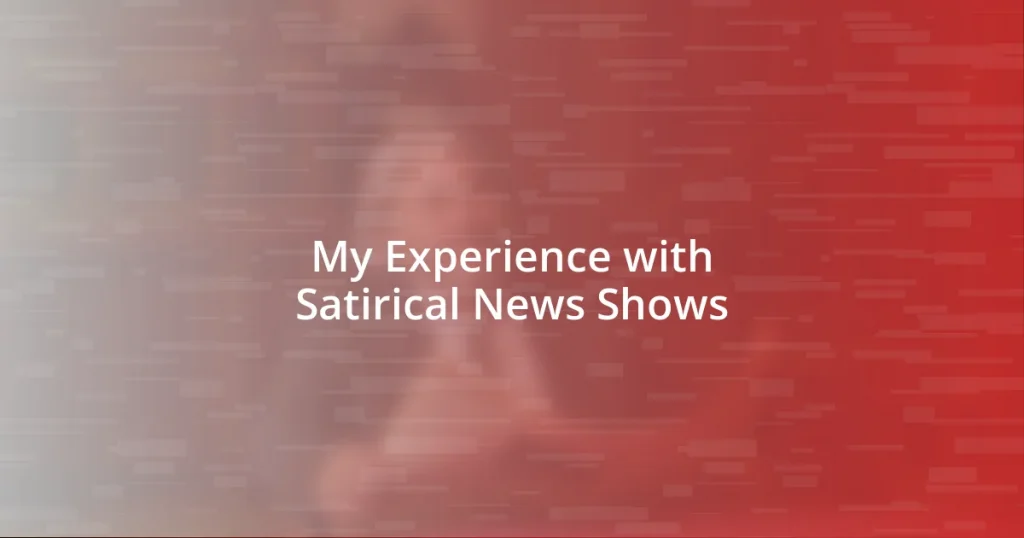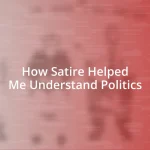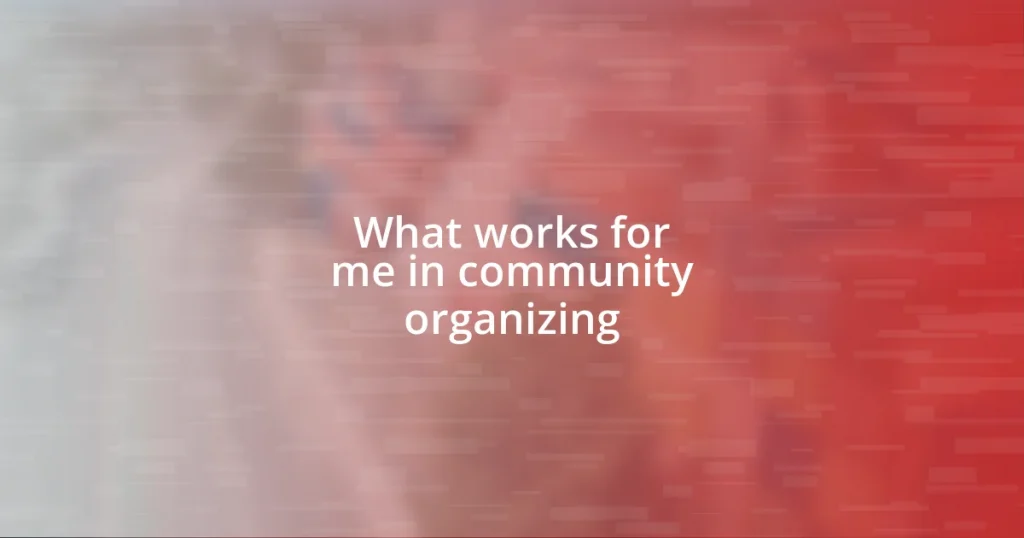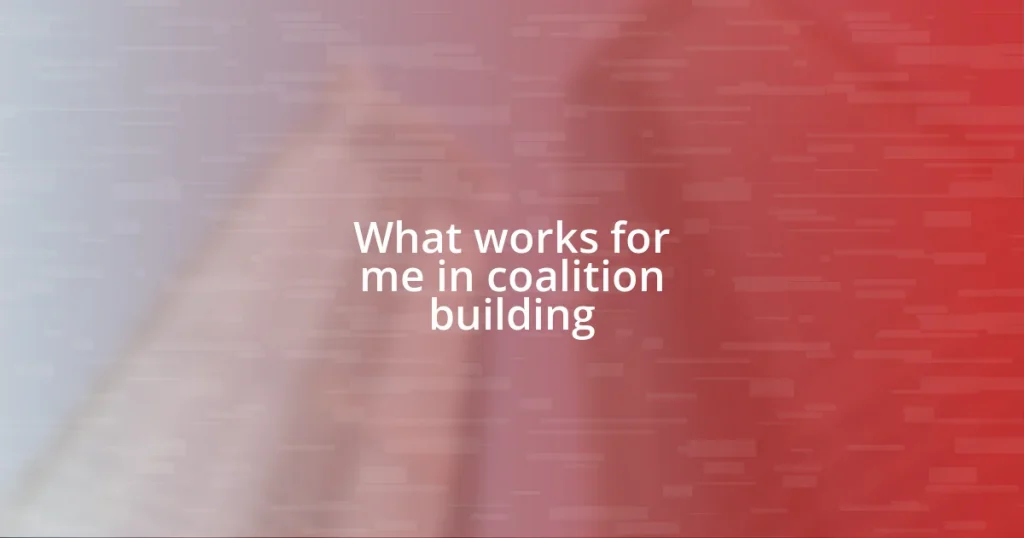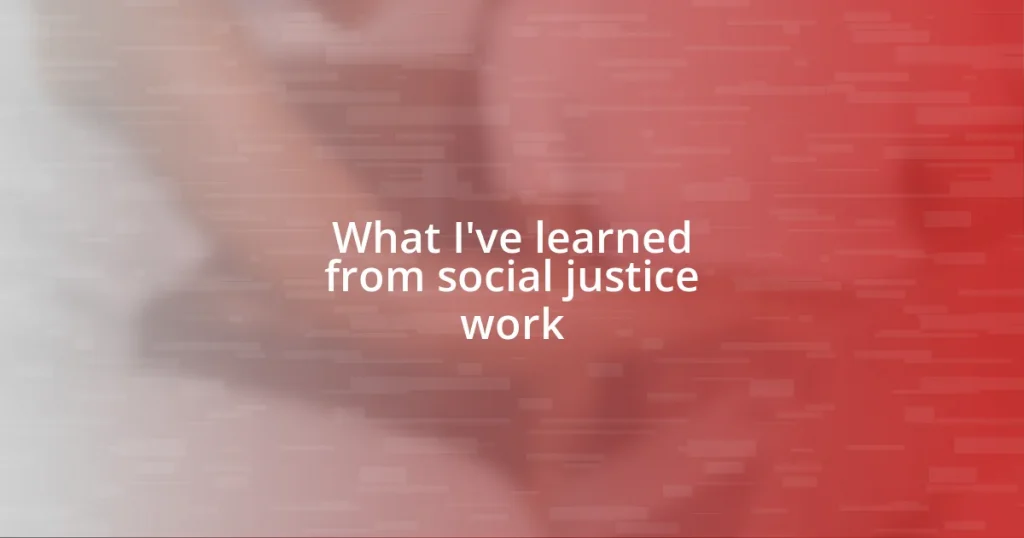Key takeaways:
- Satirical news shows combine humor and societal critique, making complex issues more relatable and fostering community through shared laughter.
- Different satirical formats, such as late night talk shows, sketch comedy, and online content, provide unique styles of humor and commentary on current events.
- Engaging with satire encourages critical thinking about media narratives and fosters meaningful discussions on serious topics, highlighting the potential of humor in activism and social awareness.

Understanding Satirical News Shows
Satirical news shows serve as a unique blend of humor and criticism, often reflecting societal issues in a way that traditional news might not dare to. I remember the first time I tuned into one; I found myself giggling through the tightrope of absurdity and poignant truths. Isn’t it fascinating how laughter can often be the best vehicle for serious commentary?
What struck me most about these shows is their ability to distill complex issues into relatable snippets. I once watched a segment that cleverly illustrated the absurdities of political debates—suddenly, the disarray and chaos began to make sense. It makes me wonder: how can something so funny also provoke such deep reflection in us? That duality is one of the most compelling aspects of satire.
Moreover, satirical news offers a space for catharsis and connection among viewers. Have you ever laughed with friends at a sketch that highlighted a shared frustration? It reminds me of those moments when we share a collective sigh after a cleverly mismanaged story. Through humor, these shows create a community built on mutual understanding, where we can navigate our grievances together.

Comparing Different Satirical Formats
When I think about the variety of satirical formats, it’s intriguing how each one creates a distinct flavor of humor and critique. For instance, late-night talk shows often feature monologues that provide quick hits on the news. I still chuckle when I recall a host’s hilarious take on an absurd political blunder, which had me laughing hard while simultaneously shaking my head in disbelief. Meanwhile, sketch comedy shows allow for a more exaggerated portrayal of current events, transforming issues into outrageous scenarios—like that unforgettable skit that put politicians in a wild dance-off to symbolize their debates.
Here’s a quick comparison of different satirical formats:
- Late Night Talk Shows: Focus on short, punchy jokes with a personal touch. Great for quick news reactions.
- Sketch Comedy Shows: Use exaggerated characters and scenarios to illustrate societal absurdities. They often create memorable moments.
- Satirical News Programs: Blend informational content with comedic commentary, probing deeper into issues with clever reporting.
- Online Satirical Content: Quick, shareable snippets or satirical articles that can go viral. They often capture fleeting moments in the news cycle.
Each format has its own charm and evokes different reactions in me, making it exciting to explore the world of satire.

My Favorite Satirical News Shows
One show that has really captured my attention is The Daily Show. I still vividly remember Stephen Colbert’s outrageous impersonation of politicians that kept me chuckling late into the night. It’s remarkable how they can blend insightful commentary with absurdity, making complex news digestible and engaging. I find myself nodding along, feeling both informed and entertained—a delicate balance that is hard to achieve.
Saturday Night Live also deserves a mention. I recall watching the infamous cold opens that satirized electoral candidates, and how the sketches sparked discussions among my friends the following day. This blend of humor and cultural critique creates an environment where viewers come together—laughing, but also reflecting on the implications of what we just witnessed. I appreciate how these often serve as springboards for deeper conversations about politics.
Lastly, I can’t overlook Last Week Tonight with John Oliver. His ability to tackle serious topics with an arsenal of humor is nothing short of genius. I remember his deep dive into net neutrality; it was hilarious yet incredibly informative, leaving me pondering the implications for days afterward. Shows like this remind me how satire can ignite passion and encourage activism, highlighting important issues through a lens of laughter.
| Show | Style |
|---|---|
| The Daily Show | Blends humor with current affairs, focusing on satirical news analysis. |
| Saturday Night Live | Sketch comedy that uses caricature and satire to comment on societal issues. |
| Last Week Tonight with John Oliver | Deep dives into topics with a mix of humor and information to provoke thought. |

Lessons Learned from Satirical Analysis
There’s so much to absorb when engaging with satirical analysis. I often find myself laughing at first, only to realize later how these comedic insights reveal underlying truths about society. Take a moment to think: how often do you find yourself reconsidering a serious issue after a comical take on it? For me, it’s like a light bulb moment—humor becomes a pathway to understanding complex societal dynamics.
In my experience, satirical analysis has taught me the importance of questioning the narratives presented in mainstream media. I once watched a satirical piece dissecting a public figure’s statements. It was funny, yet it pushed me to look beyond the surface. Have you ever thought about how humor can simplify intricate topics? This revelation has empowered me to approach news with a more critical lens, blending skepticism with a dose of laughter.
Moreover, the power of satire lies in its ability to foster connections and ignite conversations. I remember chatting with friends about a particularly biting segment, and it instantly sparked a debate among us. There’s something invigorating about sharing a laugh and then diving into a deeper discussion about the implications. How else can humor serve as a catalyst for meaningful dialogue? It transforms what could be dry conversations into engaging exchanges, reminding us that we’re not just passive consumers of information; we’re active participants in societal discourse.






